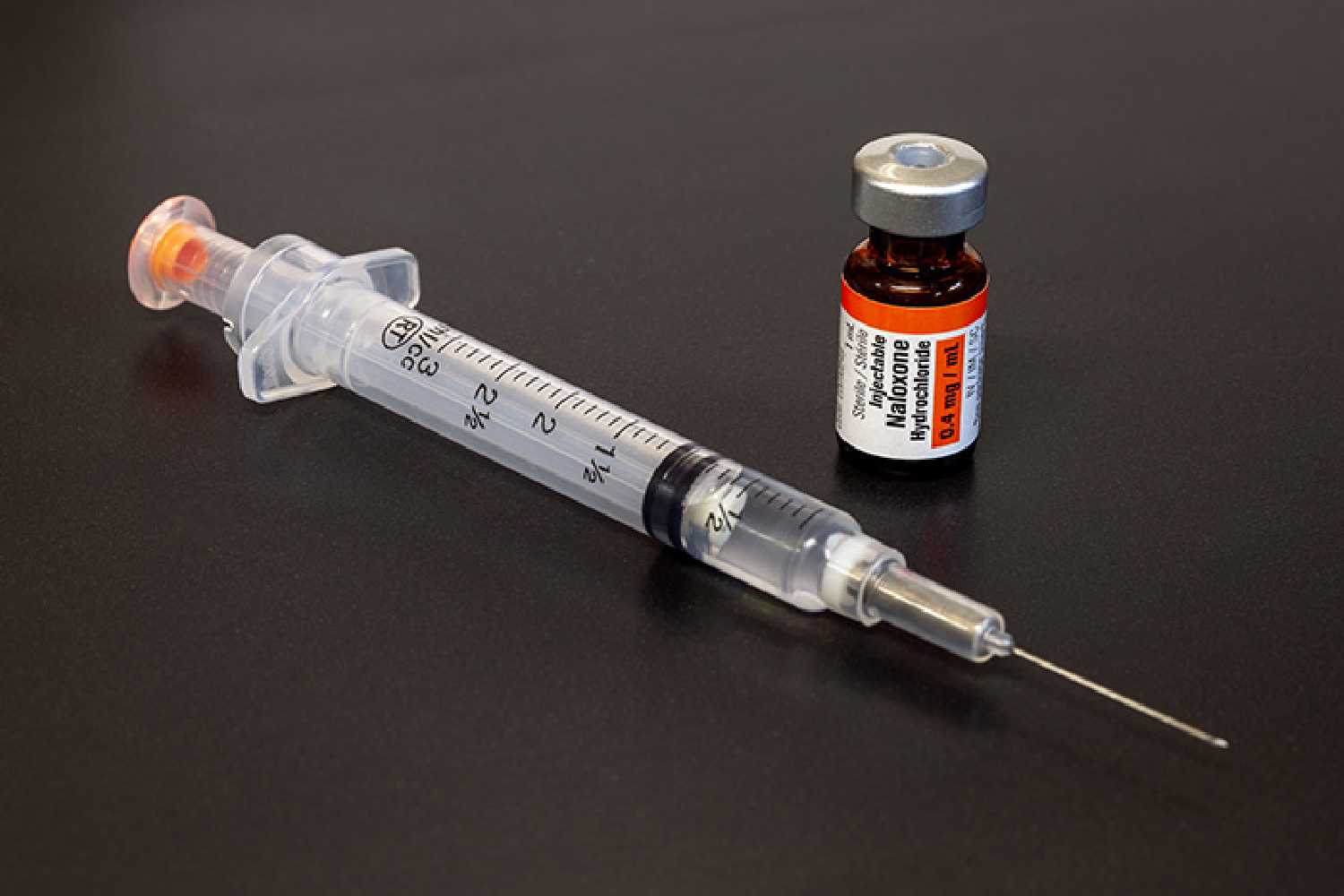Saskatchewan Health lays out plan for addiction
Record overdose deaths
January 16, 2023, 11:34 am
Kevin Weedmark


Saskatchewan’s Ministry of Health says it is working to overcome the factors that have led to the largest number of overdose deaths in the province’s history.
Overdose deaths reached a record high in Saskatchewan in 2022, with a total of 421 confirmed and suspected overdose deaths, up from 410 in 2021, 325 in 2020, 179 in 2019, 172 in 2018, 119 in 2017, and 109 in 2016.
The provincial government is in the process of adding 150 to 200 new addiction treatment spaces in the province. In the 2022 budget, the province allocated $2.1 million for new treatment beds over the next three years.
The Saskatchewan Ministry of Health and the Saskatchewan Health Authority issued a request for proposals (RFP) in 2022 looking for organizations that can provide the additional treatment beds.
“Priority will be given to proponents who score the highest, with the highest number of beds in areas of the province with the highest need and high-risk areas,” the RFP says.
“For the purpose of this RFP, an emphasis is placed on inpatient service options including detox.”
That process is now in its final stages. The evaluation committee has completed its evaluations of projects across the province, and a number of successful organizations have been identified which are now in negotiations with SHA and the Ministry of Health.
Response from Ministry of Health
The World-Spectator asked the Ministry of Health for its plan to tackle the high number of overdose deaths and the following is the department’s full response:
“Any loss of life due to an overdose is tragic and we extend our sympathies to anyone who has lost a loved one to a drug overdose.
“The Government of Saskatchewan is concerned about the increase in overdoses and the impact on individuals, families and communities.
“We are committed to finding solutions to address this complex issue with our partners to make our communities safer.
“In 2022-23, we are investing $470 million into mental health and addictions services across the province with $67 million directed to addictions.
“Addictions treatment services include wrap-around supports and recovery methods that respond to the needs of the individual.
“Outreach services, harm reduction services, outpatient treatment, withdrawal management/detox, inpatient and day treatment services are available throughout Saskatchewan to ensure individuals who need help are able to access services when and where they need them.
“The budget includes $2.1 million to begin implementing our commitment of 150 new addictions treatment spaces, $475,000 for additional detox spaces to improve access to withdrawal management/detox services, and $175,000 to increase access capacity and resource development for crystal meth treatments to meet the complex treatment needs of these residents.
“Free Take Home Naloxone kits are available in more than 93 communities and over 320 sites across the province; the number of locations will continue to rise as the program expands its partnerships with community pharmacies. Drug checking testing strips are also available throughout the province. More information, including where to find these resources in your community, can be found at www.saskatchewan.ca/overdose.
“Harm reduction vans are operating in Prince Albert, North Battleford, Yorkton, Saskatoon and Regina. Harm reduction van staff provide safer injection and inhalation supplies, safer sex supplies, naloxone, as well as education for clients on naloxone use. Vans provide return and disposal options to reduce discarded needles in the community as well as basic health care such as treating wounds, infections, or HIV testing.
“Planning is underway to implement additional mobile harm reduction services, including three new community wellness buses that will travel to communities in south, central and northern Saskatchewan. The first bus is expected to begin operating in the summer of 2023.
“The Drug Task Force is working collaboratively with the ministries of Health, Corrections, Policing and Public Safety, and Social Services, the Saskatchewan Health Authority, police services, and community partners to mitigate drug-related harms in communities.
“The task force’s mandate is to provide strategic leadership and oversight to improve the co-ordination and monitoring of the Government of Saskatchewan’s response efforts for substance-related harms.”



































